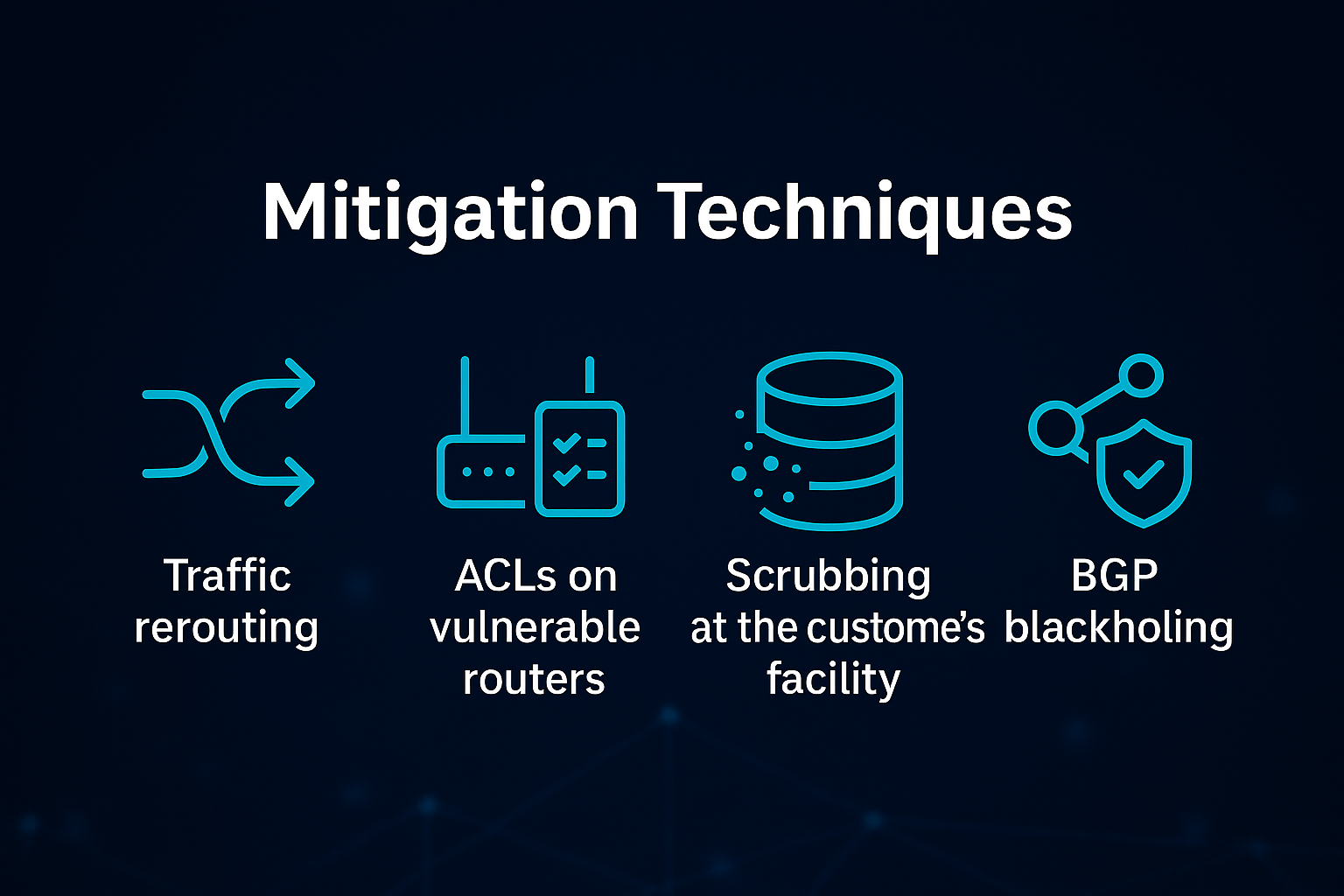🚨 A New Benchmark in Cyber Threats
Earlier this month, Europe faced one of the most intense distributed denial-of-service (DDoS) attacks ever recorded. Peaking at 1.5 billion packets per second (Bpps), the attack targeted a DDoS mitigation provider in Western Europe. Thanks to swift action and advanced defense mechanisms, the attack was successfully neutralized—without any service disruption.
🔍 Attack Breakdown
Type: UDP flood
Source: Over 11,000 compromised networks
Devices Used: Hijacked IoT devices and MikroTik routers
Detection: FastNetMon’s real-time monitoring systems
Mitigation Techniques:

This wasn’t just a volumetric attack—it was a packet-rate flood, designed to overwhelm the infrastructure’s control plane rather than its bandwidth.
🌐 Why This Matters
1. IoT Security Is Still a Weak Link
The attack leveraged everyday consumer hardware, underscoring the urgent need for stronger IoT security standards.
2. Packet-Rate Floods Are Rising
Unlike traditional bandwidth floods, packet-rate attacks are harder to detect and mitigate. This shift demands new defense strategies.
3. ISP-Level Defense Is Crucial
FastNetMon’s founder emphasized the importance of ISP-level filtering and detection logic to prevent such attacks from scaling.
🧠 Lessons for Cybersecurity Teams
Layered Defense Is Key: Combine on-prem and cloud-based solutions.
Monitor IoT Devices: Update firmware and enforce strong credentials.
Collaborate Across Networks: Share threat intelligence to stay ahead.
Prepare for Hybrid Attacks: Expect combinations of DDoS, ransomware, and phishing.
✅ Final Thoughts
This incident is a powerful reminder of the evolving nature of cyber threats. While the successful mitigation is commendable, it also signals the need for continuous innovation, collaboration, and vigilance in cybersecurity. Europe may have won this battle—but the war against cybercrime is far from over.
Follow me for more cybersecurity insights, threat analysis, and industry updates. Have thoughts or questions? Drop them in the comments below!